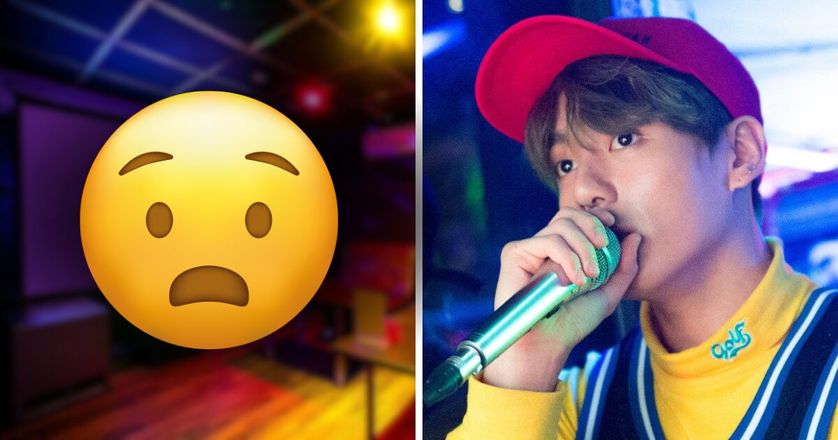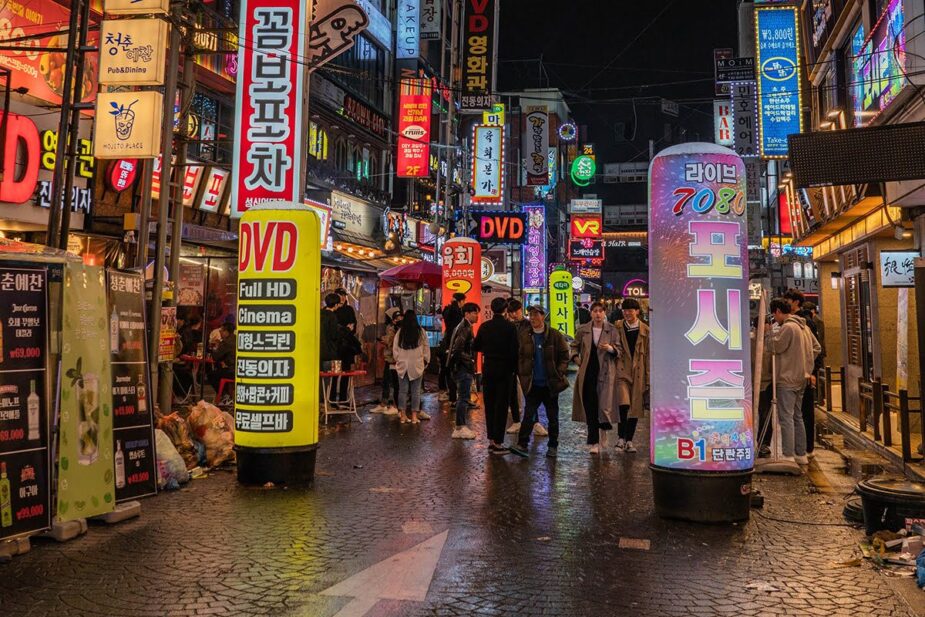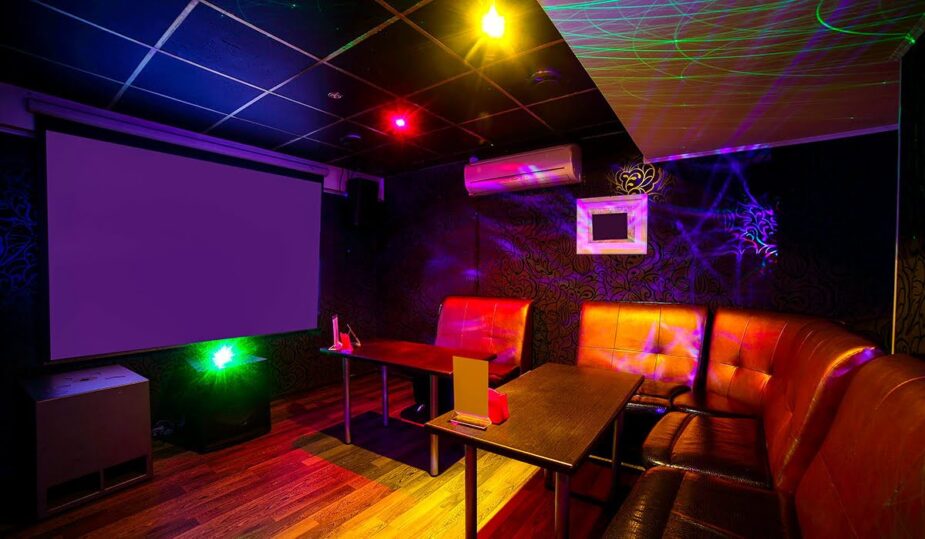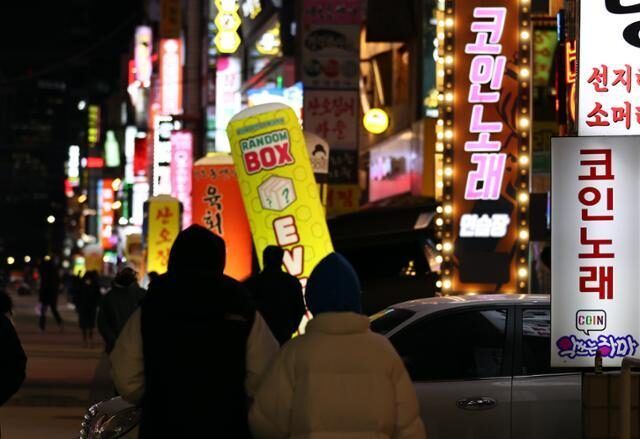South Korea Is Experiencing A Shocking Decline In Karaoke Rooms

Karaoke rooms — commonly known as “noraebang” in Korea — have been one of the most cherished parts of South Korean social life for a long time. Which is why recent reports of declining venues have come as a shock to many.

Whether you’re looking to have a fun night out with colleagues or go crazy with your closest friends, renting a karaoke room will definitely be one of the top suggestions as the go-to activity. However, according to The Korea Times, recent data has shockingly indicated diminishing numbers.

Based on a report from the Korean National Tax Service, the number of karaoke venues across South Korea has been steadily decreasing. As of July this year, only 25,990 karaoke establishments were operating — a sharp drop from the 33,000 that existed at the close of 2017. This marks a reduction of over a quarter in just a few years.

The COVID-19 pandemic was a major blow to the industry. Due to concerns about confined spaces potentially becoming hotspots for virus transmission, karaoke venues were largely avoided or forced to close temporarily. Yet, the pandemic isn’t the sole reason for this significant decline.
Emerging social trends, particularly among younger generations, have also played a role. The rise of individual dining and drinking habits — commonly referred to as “honbap” (eating alone) and “honsool” (drinking alone) — has reduced the need for group activities like noraebang. Additionally, the once-ubiquitous after-work socializing, known as “hoesik,” where employees gathered for food, drinks, and often karaoke, has been fading in recent years, leading to fewer outings.
My business is struggling because fewer people go out with their colleagues after work. Karaoke was once a regular activity during family gatherings during holidays, but that, too, is disappearing.
— Karaoke venue owner to JoongAng Daily via The Korea Times

Karaoke first arrived in Korea from Japan, with the country’s first karaoke machine appearing in Busan in 1991. Soon after, the first dedicated karaoke room opened on Haeundae Beach, marking the start of an industry boom that lasted through the 1990s and into the mid-2010s.
However, with changing social habits and lingering effects of the pandemic, South Korea is now witnessing a noticeable decline in these once-popular karaoke venues, signaling a shift in how people choose to socialize in the modern era.